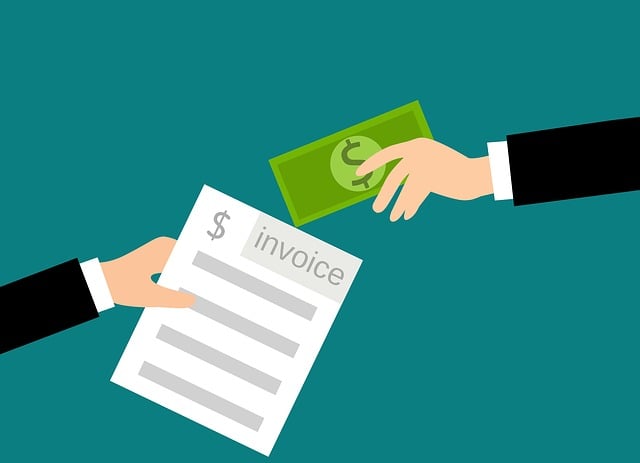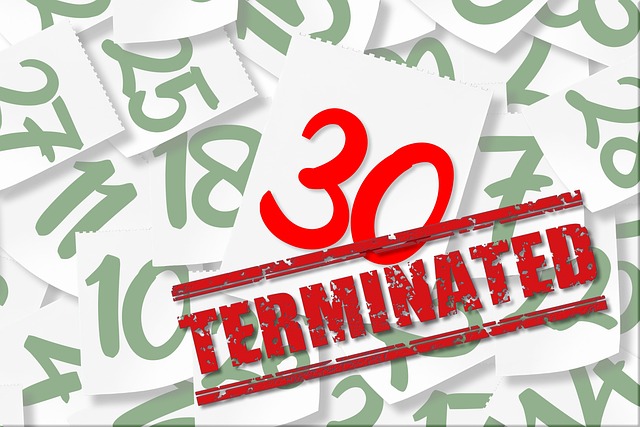Oregon enforces support payments through strict legal procedures and innovative techniques. Wage garnishments, license suspensions, and regular case reviews ensure compliance. The state provides educational resources and collaboration between agencies to enhance transparency and efficiency. Non-custodial parents access affordable legal aid and support systems for budget planning and debt management, empowering them to fulfill their obligations effectively.
In Oregon, understanding and effectively enforcing support payments are crucial aspects of family law. This article delves into the legal frameworks designed to ensure financial obligations are met, providing a comprehensive guide to enforce support payments. We explore the roles of courts and agencies, legal processes for collecting past-due child support, strategies to enhance timely payment compliance, and resources available for non-custodial parents. By navigating these key elements, individuals can better comprehend and navigate Oregon’s support enforcement laws.
- Understanding Oregon's Support Enforcement Laws
- Enforce support payments: Roles of Courts and Agencies
- Legal Processes for Collecting Past-Due Child Support
- Strategies to Ensure Timely Payment Compliance
- Resources and Support for Non-Custodial Parents
Understanding Oregon's Support Enforcement Laws

Oregon has established a comprehensive legal framework to ensure the effective enforcement of support payments, with a focus on protecting both payees and obligors. The state’s laws aim to streamline the process, promote fairness, and prevent evasion, ensuring that children and their families receive the financial support they are entitled to.
Key aspects of Oregon’s support enforcement laws include strict deadlines for payment, regular review of cases, and a range of collection methods. These measures enable local courts to monitor and enforce support orders, utilizing tools such as wage garnishments, bank levies, and driver’s license suspensions to enforce support payments. Additionally, the state offers resources and programs to assist individuals in understanding their obligations and rights, facilitating a more transparent and accessible system for all parties involved.
Enforce support payments: Roles of Courts and Agencies

In Oregon, enforcing support payments involves a collaborative effort between courts and various agencies. The court plays a pivotal role in establishing child support orders based on guidelines that consider parents’ income and the needs of their children. Once an order is in place, courts have the authority to enforce it through various means, including wage garnishments, driver’s license suspensions, and even tax refunds.
Agencies like the Oregon Department of Social and Human Services (DSHS) are instrumental in ensuring compliance with support orders. They manage the process of collecting and disbursing support payments, tracking recipients, and referring non-compliant parents to appropriate services for assistance or enforcement action. This coordinated effort between courts and agencies is crucial in maintaining financial stability for children dependent on support from their parents.
Legal Processes for Collecting Past-Due Child Support

In Oregon, enforcing support payments begins with established legal processes designed to collect past-due child support. When a parent falls behind on their support obligations, the state’s Department of Child Support (DCS) steps in to facilitate the collection process. The DCS utilizes a range of tools, including wage garnishment, where employable parents’ wages may be seized and applied towards outstanding support. Additionally, the department can place a lien on assets, such as bank accounts or real property, to recover past-due payments.
Legal processes also involve regular court hearings to determine the enforceability of support orders. Parents who fail to comply with support orders risk additional penalties, including suspension of driving privileges or professional licenses. These measures aim to ensure that children receive the financial support they are entitled to under a legally binding agreement.
Strategies to Ensure Timely Payment Compliance

To ensure timely compliance with support payments, Oregon employs a multi-faceted approach. Firstly, the state establishes clear and consistent legal frameworks that define the rights and responsibilities of all parties involved. This includes stringent deadlines and consequences for non-compliance, such as wage garnishments, driver’s license suspensions, and other penalties designed to prompt payment.
Additionally, Oregon promotes proactive strategies like automated payment systems, regular reminders, and education programs aimed at both payers and payees. These measures help prevent lapses in payments and encourage a culture of accountability. The state also facilitates collaboration between local agencies, child support enforcement offices, and courts to streamline processes and improve overall efficiency in enforcing support payments.
Resources and Support for Non-Custodial Parents

In Oregon, non-custodial parents have access to resources designed to help them enforce support payments and maintain a stable financial relationship with their children. These include legal aid organizations that offer services at reduced rates or for free, providing guidance on navigating child support laws and processes. Additionally, state agencies like the Oregon Department of Social Services (ODSS) offer comprehensive support systems, including education on budget planning, debt management, and employment resources, empowering non-custodial parents to meet their financial obligations effectively.
The state also facilitates cooperation between parents through alternative dispute resolution methods, such as mediation, which can streamline the enforcement process. These initiatives ensure that both custodial and non-custodial parents have the tools necessary to fulfill their legal and moral duties regarding child support, ultimately benefiting the children involved.






